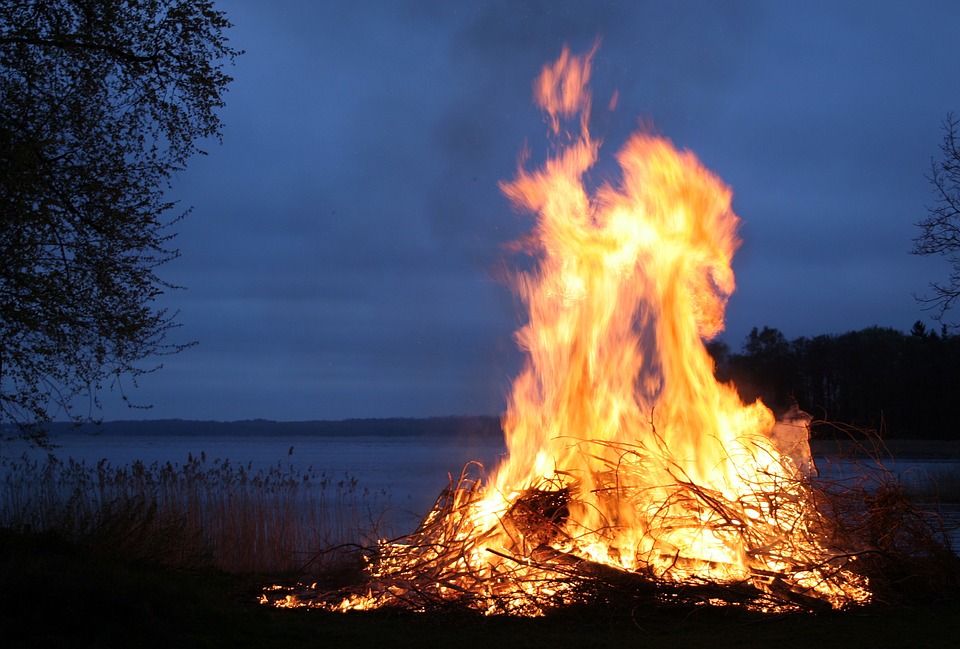
We suspect that somewhere around the Stone Age, our African ancestors learned to do something that would change the evolutionary cycle of humanity; they learned to control fire. I can’t imagine the look on Neanderthal woman’s face when she came across her first fire. It must have been quite a terrifying rush. And yet, soon after, she stepped closer and closer to the flame, until she touched it and then learned to re-create it to do unbelievable things.
Not without its brimstone, fire has surely cost humanity a “not so insignificant” amount of pain and suffering over the last six million years, but in the end, we would clearly be remiss not to respect the impact of it on evolution, history and human survival. Its contribution to and ability to foster warmth, energy, renewal and safety is second to few other things in nature. It’s chronological influence on migration, population and diversity are profound. Let’s face it — fire has certainly gotten humanity into and out of some particularly daunting situations.
When viewing civilization over its impressive time scale, perhaps biotechnology has become “the fire” of the next human era. After all, biology is not new. It has always been here, it’s dangerous and it is difficult to manage, predict and understand. We are learning to control biology to create warmth, energy and renewal, and for better or worse, it will surely have an evolutionary impact on migration, population and diversity. Its power and significance could be a beginning and/or an end to many things.
As with many sciences, there are decades of debate about biotechnology (clarification: except beer — no one complains about beer) and its place in the new world. Many things in nature have an element of perfection to them that are so far beyond human understanding that it hurts the psyche to comprehend. As only a very small part of nature, who are we as humans to make changes to something so perfect as biology, or fire?
Well, it’s clearly not a choice we can make. It’s too interesting to avoid and now that can see the unseen and it is ending, aiding, extending and saving the lives of both human and animal alike, we have made fire and it’s burning in every part of this planet. If anyone thinks that the technology around biotechnology is isolated to certain world civilizations, it is time to reboot; it is a global curiosity and an incalculable force. Scientific-minded people all over the world are culturing, experimenting on, testing, injecting, digesting and even snorting biotechnology.
Not unlike our ancestors who undoubtedly fought the merits and utilization of fire, we would be in real trouble if we didn’t continue to question something as powerful as biotechnology and how it is being deployed. We must respect the rights of all things in nature to avoid corrupting them, and biotechnology is perhaps one of the most profound examples of all time where this sentiment should be applied. There are good and reasonable arguments on every side of biotechnology.
I am often confronted socially with the question of what I do for a living. The ensuing conversation of me being a process architect that designs biotechnology facilities for drug production (yatta, yatta, yatta) is rarely one that the questioner has the attention span or willingness to stick around to hear the end of. I often wonder whether it’s my choice of social circle, awkward social skills or my delivery. Perhaps in the future, maybe I’ll just say, “I make fire.”
(Source: IPS – Integrated Project Services, LLC)



